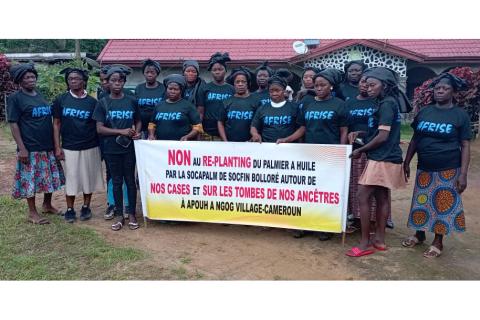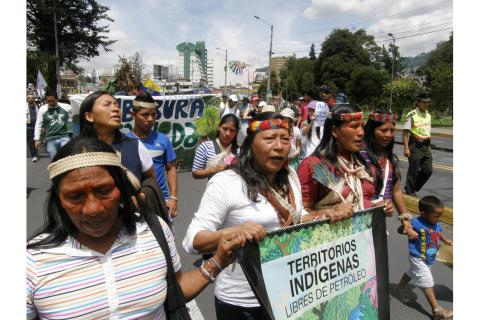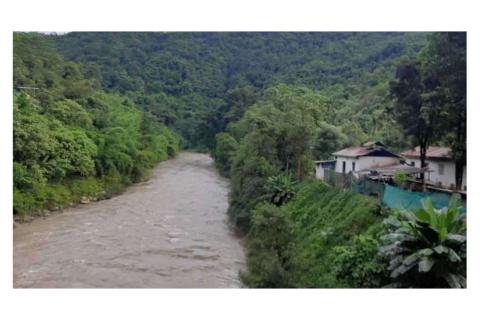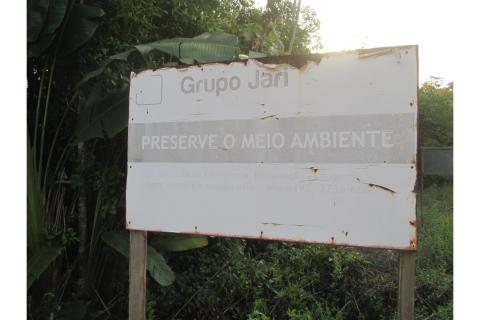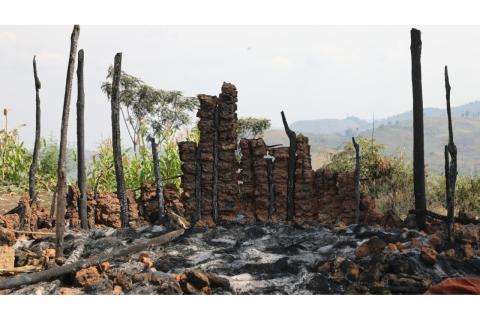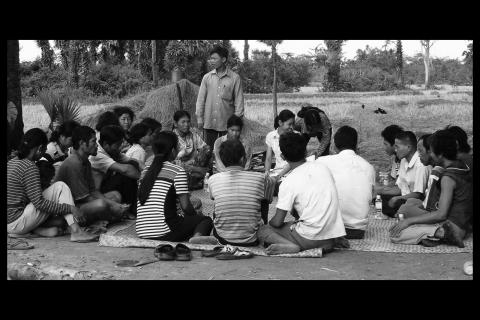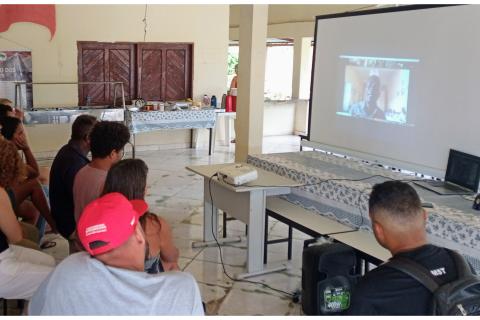The Afrise women's association launched an international petition to stop the replanting of oil palm monocultures around their homes and over the grave sites of their ancestors. They are denouncing decades of sexual abuse, land dispossession and misery. They are demanding that their territory be returned to them, so that they can lead a life of dignity.
Bulletin articles
For decades, Mapuche communities have been resisting the impacts of a forestry model based on large-scale monoculture plantations. In this interveiw, Pablo Reyes Huenchumán, spokesperson for the Paillakawe community, explains how they organize, and what the main challenges are in the struggle to recover their territory and maintain their culture.
2023 culminates with a victory for the popular struggle to defend life in Panama. This will influence every corner on earth where, in the face of environmental conflicts, people are resisting and defending their territory.
In the context of the recent UN climate conference in Dubai, we propose to re-read the article Climatology / Ideology, from the WRM Bulletin 247, published in January 2020.
In this editorial, at a time in which elites and oil companies continue to cling to the power and profit derived from fossil fuels, we would like to acknowledge the contribution that the Ecuadorian people have made to the world in the fight for territories free of oil exploitation.
Land related struggles in India’s Northeast states might worsen with the push to expand oil palm plantations on small-farmers and Indigenous land, threatening their food sovereignty and the ancestral practice of Jhum (shifting cultivation). On top of this, a new Forest Amendment Law will facilitate this expansion, jeopardizing further the region’s forests and Indigenous Peoples.
WRM’s reply to Biofílica Ambipar’s “Clarification Note” about the article "REDD and the Green Economy exacerbate oppression and deforestation in Pará, Brazil", written by WRM and published in its Bulletin of July 2023.
More than seven percent of Uruguay's territory is covered with monoculture tree plantations. A handful of companies have been behind this massive expansion—which has occurred mostly over watersheds and prairies—,with devastating consequences. This year, almost half of the urban population had no access to drinking water—an imminent warning of the drastic change that is needed for Uruguay to maintain its water.
With the support of international funding, the establishment of the Kahuzi-Biega National Park has led to the forced and violent eviction of the Batwa Indigenous People. The DRC government recently passed a new law on the rights of Indigenous Peoples, which, though a step forward, does not apply to lands that have already been designated as protected areas, nor does it make any mention of historic injustices.
This time we would like to remember a Bulletin that includes ten important contributions around the issue of ‘rights’.
Exchanges between activists put the voices of those who fight to defend their territories at the center of the conversation. In September, members of communities from Brazil and Mozambique united their struggles and connected their histories once again, helping to strengthen solidarity in the fight against industrial tree plantations.
The ‘green’ economy sells the idea that it is possible to confront climate chaos without looking at the direct link between power structures and pollution. Its ‘green’ programs allow energy demand to continue to grow, and thereby the accumulation of profits and injustices as well. In this way, it is actually a ‘green’ facade for the same violent, patriarchal, colonial and racist system.
